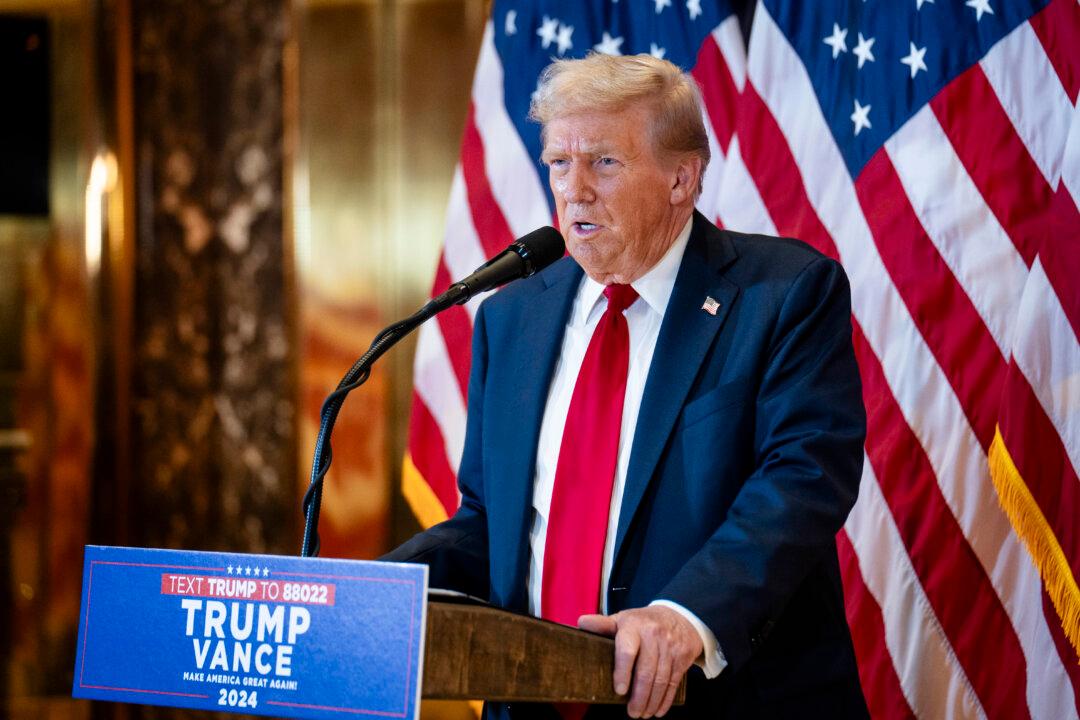U.S. President-elect Donald Trump has extended an invitation to China’s Xi Jinping to attend his inauguration ceremony in Washington next month, a spokesperson of his transition team confirmed on Dec. 12.
When asked about the invitation to the head of the Chinese Communist Party (CCP), incoming White House press secretary Karoline Leavitt told Fox News that it’s “true.”




